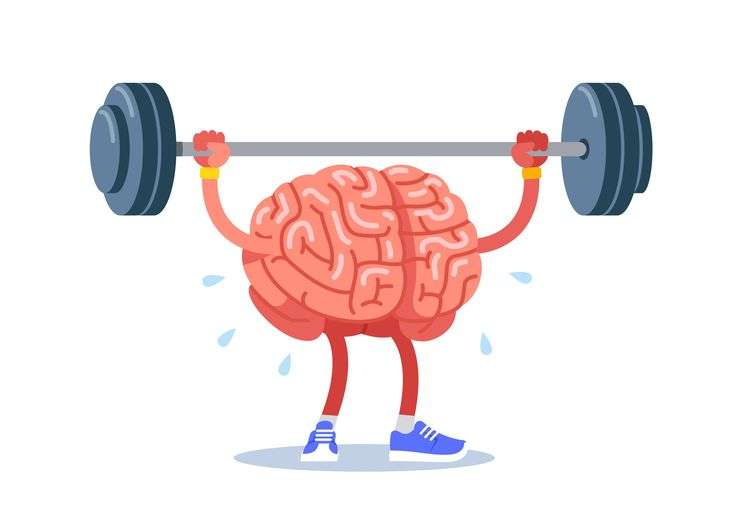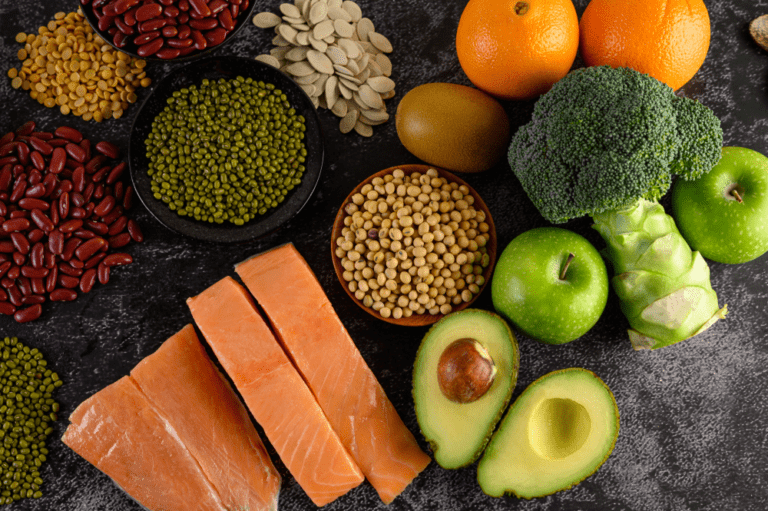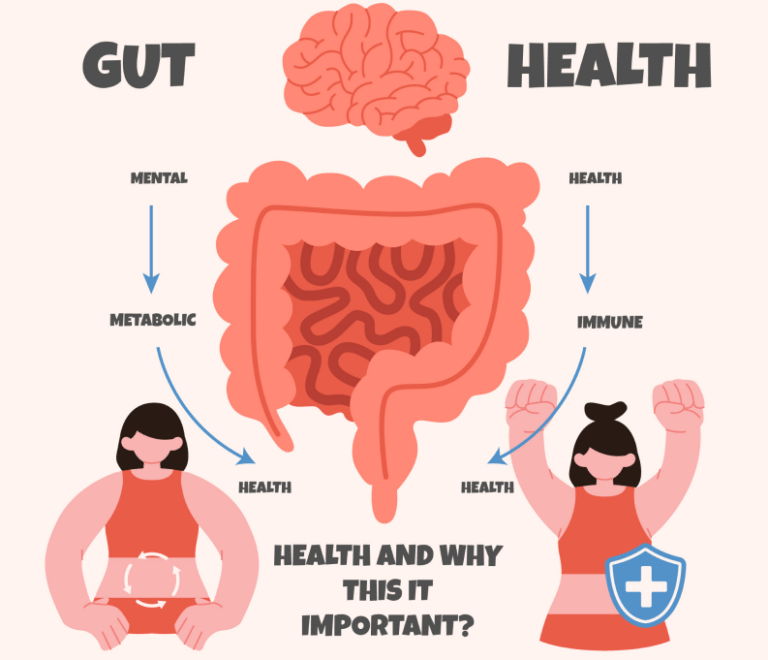Introduction

Eggs are often referred to as nature’s multivitamin, and for a good reason. Packed with essential nutrients and backed by science, the benefits of eggs for health are unparalleled. Whether it’s supporting brain health, improving heart function, or aiding weight management, eggs are a powerhouse of nutrition. In this article, we’ll explore the science-backed benefits of eggs you need to know.
Quick Tip: Include eggs in your weekly meals to reap their nutrient-rich benefits effortlessly.
The Nutritional Profile of Eggs
One of the reasons eggs are considered a superfood is their remarkable nutritional profile. A single large egg contains:
- High-quality protein: Approximately 6 grams of protein, containing all nine essential amino acids.
- Rich in vitamins: Vitamins A, D, E, B12, and B6, which support various bodily functions.
- Minerals: Iron, selenium, and phosphorus contribute to energy production and immunity.
- Healthy fats: Essential omega-3 fatty acids in egg yolks support brain and heart health.
- Antioxidants: Lutein and zeaxanthin, which promote eye health.
This nutrient-dense composition makes eggs a valuable addition to any diet, whether you’re looking to improve energy levels or enhance your overall health.
Quick Tip: Pair eggs with vegetables or whole grains to enhance their nutritional benefits!
The Science-Backed Health Benefits of Eggs

1. Eggs Are a Brain Booster
Eggs are rich in choline, a vital nutrient for brain development and function. Choline aids in the production of neurotransmitters that regulate mood, memory, and muscle control. Studies suggest that adequate choline intake during pregnancy can improve fetal brain development and cognitive function in children.
Quick Tip: Add eggs to your breakfast for a choline-packed start to your day!
2. Support Eye Health
Eggs are an excellent source of lutein and zeaxanthin, powerful antioxidants that protect your eyes from harmful UV rays and reduce the risk of cataracts and macular degeneration. These nutrients are found in the egg yolk and are more bioavailable compared to plant-based sources.
Quick Tip: Consume whole eggs to maximize lutein and zeaxanthin absorption for eye health.
3. Help in Weight Management
Eggs are low in calories but high in protein, making them a perfect choice for weight management. Research shows that consuming eggs for breakfast can increase satiety, reduce hunger, and support weight loss by helping you eat fewer calories throughout the day.
Quick Tip: Start your day with an egg-based breakfast for long-lasting fullness and energy.
4. Improve Heart Health
Contrary to popular belief, moderate egg consumption does not negatively impact heart health. In fact, the omega-3 fatty acids found in eggs can help reduce triglycerides, a type of fat linked to heart disease. Studies indicate that consuming up to seven eggs a week does not increase the risk of heart disease in healthy individuals.
Quick Tip: Enjoy eggs in moderation as part of a heart-healthy diet.
5. Promote Muscle Strength and Recovery
The protein in eggs contains all the essential amino acids needed for muscle repair and growth. Whether you are an athlete or someone trying to stay active, eggs provide the fuel your body needs for muscle recovery after workouts.
Quick Tip: Add eggs to your post-workout meal for faster muscle recovery and strength building.
6. Enhance Bone Health
Eggs are one of the few natural sources of vitamin D, which plays a crucial role in calcium absorption and bone health. Including eggs in your diet can help strengthen bones and reduce the risk of osteoporosis.
Quick Tip: Combine eggs with dairy or leafy greens for a vitamin D and calcium-rich meal.
7. Boost Immunity
Selenium and zinc, found in eggs, are essential for a robust immune system. These minerals help protect the body from infections and improve the body’s ability to fight off illnesses.
Quick Tip: Incorporate eggs into soups or broths during cold seasons for an immunity boost.
How to Incorporate Eggs into Your Diet

- Breakfast: Scrambled, boiled, or poached eggs paired with whole-grain toast.
- Snacks: Hard-boiled eggs for a protein-rich, on-the-go option.
- Lunch/Dinner: Add eggs to salads, stir-fries, or curries for a nutrient boost.
- Desserts: Use eggs as a key ingredient in custards, cakes, and other baked goods.
Quick Tip: Plan versatile egg-based meals for any time of day, from breakfast to dessert!
Debunking the Cholesterol Myth
For years, eggs were criticized for their cholesterol content. However, recent research has shown that dietary cholesterol has a minimal impact on blood cholesterol levels for most people. The body’s cholesterol levels are primarily influenced by genetics and overall dietary patterns, not the cholesterol in foods like eggs.
Moreover, eggs contain HDL (high-density lipoprotein), often referred to as “good cholesterol,” which is beneficial for heart health.
Quick Tip: Focus on a balanced diet while enjoying eggs moderately for heart health!
Conclusion
Eggs are an affordable, nutrient-rich, and versatile food that offers numerous health benefits. Backed by science, eggs have proven to be a valuable addition to any diet, supporting brain health, weight management, and immunity while debunking myths about cholesterol.
Whether you’re a fitness enthusiast, a busy professional, or someone seeking better health, incorporating eggs into your daily meals can be a simple yet effective way to boost your overall well-being. So, the next time you’re meal planning, don’t forget to add this superfood to your shopping list!
Quick Tip: Add eggs to your weekly grocery list for a versatile and nutritious ingredient!
The insights shared in this article are based on research and my personal understanding. While I strive for accuracy, there may be variations in interpretation or scientific nuances I might have missed. If you find any information irrelevant or incorrect, please feel free to reach out or share your thoughts—I’m open to learning and improving.
Frequently Asked Questions (FAQs)
1. Why are eggs considered a superfood?
Eggs are called a superfood because of their exceptional nutritional profile. They are packed with high-quality protein, essential vitamins (A, D, E, B12), minerals (selenium, iron, phosphorus), healthy fats, and powerful antioxidants like lutein and zeaxanthin.
2. Are eggs good for brain health?
Yes! Eggs are rich in choline, a nutrient crucial for brain development and function. Choline helps produce neurotransmitters that improve memory, mood, and muscle control.
3. How do eggs benefit eye health?
Eggs contain lutein and zeaxanthin, antioxidants that protect eyes from UV damage and reduce the risk of cataracts and macular degeneration. Consuming whole eggs enhances the absorption of these nutrients.
4. Can eating eggs help with weight management?
Absolutely! Eggs are low in calories and high in protein, promoting satiety and reducing hunger throughout the day. Eating eggs for breakfast can help control calorie intake and support weight loss.
5. Do eggs improve heart health?
Yes, moderate egg consumption can improve heart health. The omega-3 fatty acids in eggs reduce triglyceride levels, while HDL (good cholesterol) supports cardiovascular function. Studies show that eating up to seven eggs a week is safe for healthy individuals.
6. Are eggs good for building muscles?
Eggs are an excellent source of complete protein, containing all essential amino acids needed for muscle repair and growth. Including eggs in your diet helps in post-workout recovery and muscle strength.
7. How do eggs contribute to bone health?
Eggs are one of the few natural sources of vitamin D, which aids calcium absorption and strengthens bones. They are a great addition to a diet for preventing osteoporosis.
8. Can eggs boost immunity?
Yes, eggs are rich in selenium and zinc, two minerals that play a vital role in maintaining a strong immune system. Including eggs in your diet can help protect against infections and illnesses.










